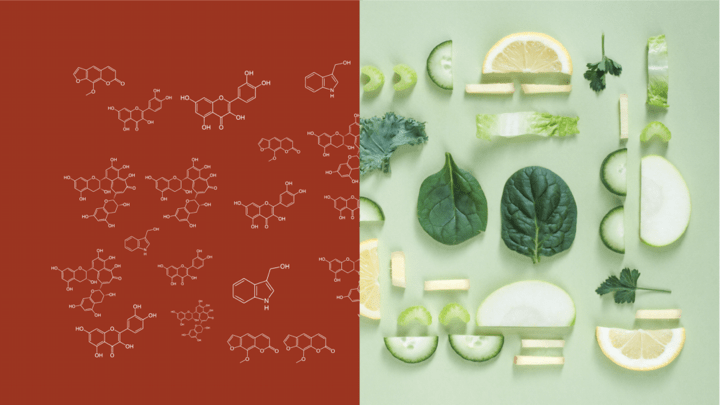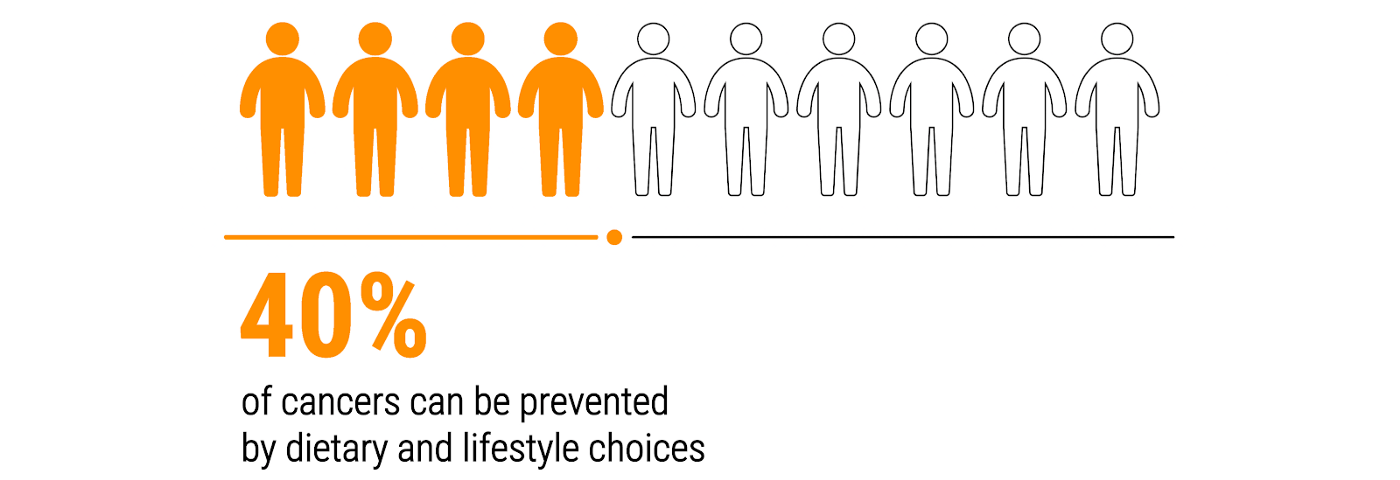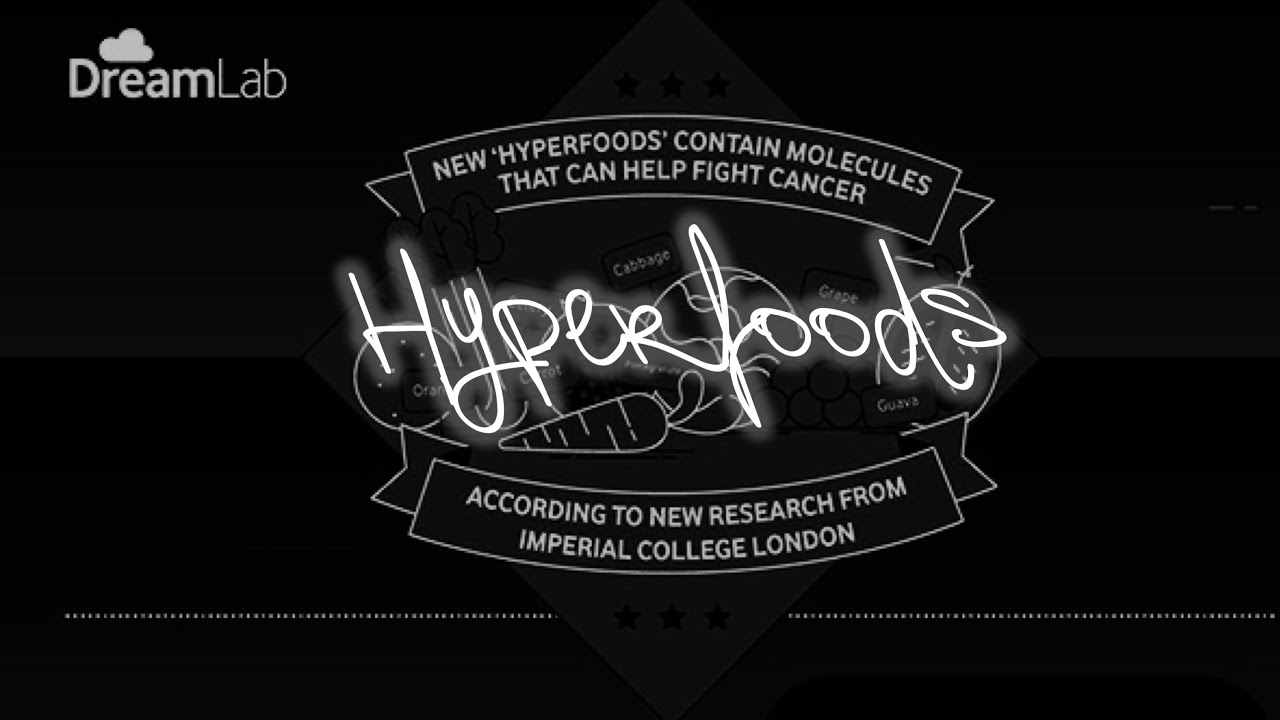AI-designed “hyperfoods” can possibly help prevent cancer
How a chef and a computer scientist are working to help people make more nutritional food choices using artificial intelligence
For some countries, ‘obesity is one of the biggest health crises they can face’, costing the health systems an billions a year.
Obesity and poor metabolic health ‘puts people at greater risk of serious illness or death from COVID-19’.
The idea that the foods we consume have an impact on our health and wellbeing is indisputable and has been gaining traction over the last few decades, yet the issue lies within the fact that most modern medicine fails to consider nutrition.
The food we eat contains thousands of bioactive molecules, some of which are similar to anti-cancer drugs. Modern machine learning techniques can discover such components and help design nutrition that will let us live longer and healthier.
Dietary choices and health
We now live longer than ever. Yet, we are not necessarily living healthier anymore: with a rapidly aging population, people are experiencing a continuous growth of chronic diseases such as cancer, metabolic, neurological, and heart disorders. This drives healthcare costs through the roof and puts a significant strain on the public health systems.
A large part of the problem resides in poor dietary choices. Unhealthy diets kill more than cigarettes and are responsible for 1 out of 5 deaths globally — in 2018, this amounted to nearly 11 million lives. Besides the obvious culprit — unhealthy highly processed food — a less obvious killer is the low intake of healthy foods such as whole grains, vegetables, fruits, nuts, seeds, and legumes.
Take cancer for example: rightfully considered the plight of the modern era, it will affect every second reader of this post at one point in their lifetime. Although the perspective seems gloomy, the good news is that nearly 40% of all oncological diseases could be prevented through dietary and lifestyle changes alone — a finding that encourages us to look more carefully at what we eat, as diet is perhaps the single most important modifiable risk factor for cancer.
The dark matter
In the past decades, nutrition science has made excellent progress in analysing the six major nutrition categories influencing human health and disease: proteins, carbohydrates, fats, minerals, vitamins, and water. National nutritional databases track about 150 components from these categories and they appear on every food package.
Yet, there is growing evidence that thousands of other molecules from a broad variety of chemical classes — such as polyphenols, flavonoids, terpenoids, and indoles that are abundant in plants and are often naturally responsible for their colour, taste, and odour — might help prevent and fight diseases, Most of these compounds still remain largely unexplored by experts, not tracked by regulators, and unknown to the public at large, thus truly deserving the name “dark matter of nutrition”.
With every bite of food, we put in our mouth hundreds of such biologically active compounds. These molecules interact with each other the moment we swallow them, and as the food gets digested and metabolised, also react with other biomolecules in our body and with trillions of bacteria in our guts.
The Hyperfood project
It is a lack of research into this field which inspired Dr Kirill Veselkov (Imperial College London) and chef Jozef Youssef (Kitchen Theory) to begin the HYPERFOODS project.
Since 2018, the duo has worked on research that can be developed into delicious recipes which potentially optimise people’s diets, improve their wellbeing and reduce chronic diseases.
In a nutshell; the research uses artificial intelligence, machine learning and natural language processing to identify disease beating molecules in foods.
HYPERFOODS boasts a host of academic collaborators from computer sciences, biophysics and analytical chemists as well as experts from the fields of mass spectrometry, practical surgery, epidemiology and gastronomy.
In July 2019 the team published their first paper ‘HyperFoods: Machine intelligent mapping of cancer-beating molecules in foods’ in Nature Journal’s Scientific Reports.
Supercomputing power ‘on’
The research relies on the supercomputing power of the Vodafone Foundation DreamLab platform, which Dr Veselkov has been working on since 2017 at Imperial College London. Artificial Intelligence technologies, mobile supercomputing and big data speed up scientific research and analyse billions of combinations of existing drugs and food based molecules to identify previously unknown disease-beating properties
****************************
The authors are confident that this research will play a role in helping people make smarter, more nutritious and sustainable food choices in the future. They are also quick to point out that the relationship between food and disease remains an emerging field of study requiring further clinical research, and that this first cookbook is intended to raise awareness of food’s medical potential rather than to be used as a dietary guide.
sources: TowardsDataScience / Kitchen Theory
cover image: Hyperfood
Maker Faire Rome – The European Edition has been committed since nine editions to make innovation accessible and usable to all, with the aim of not leaving anyone behind. Its blog is always updated and full of opportunities and inspiration for makers, makers, startups, SMEs and all the curious ones who wish to enrich their knowledge and expand their business, in Italy and abroad.
Follow us, subscribe to our newsletter: we promise to let just the right content for you to reach your inbox






















































































